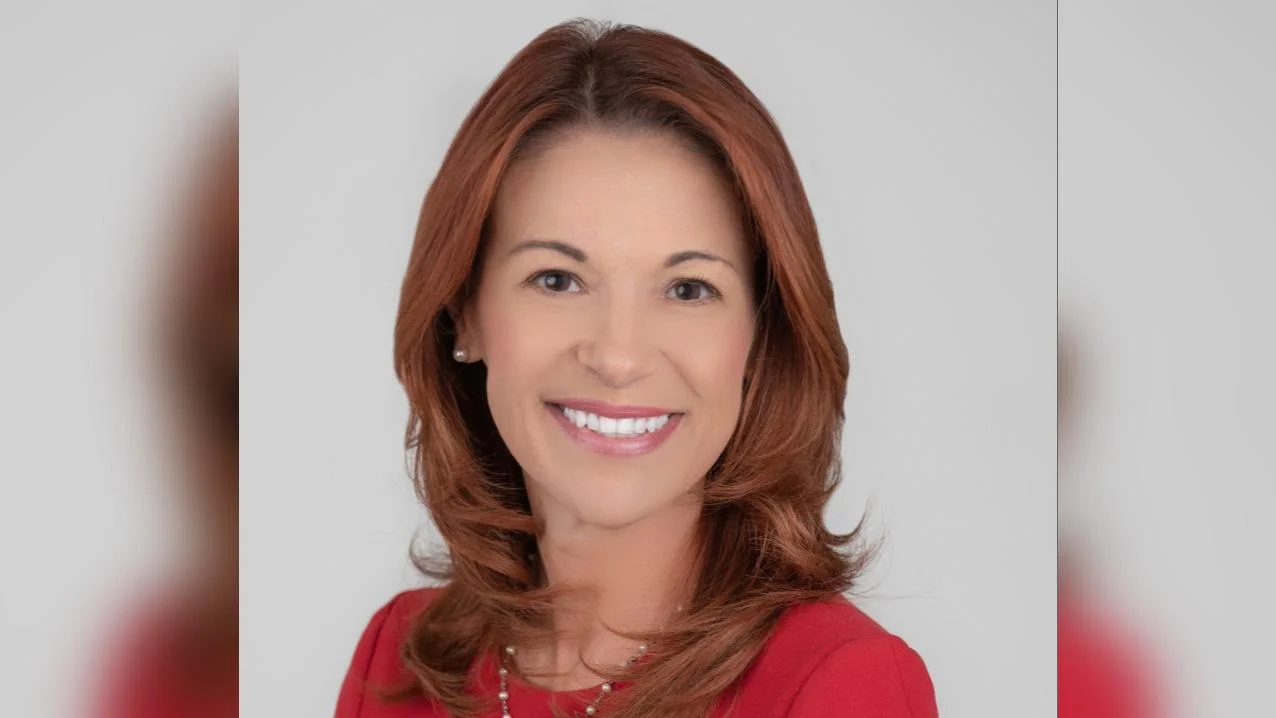Kirsten Baesler, Superintendent | North Dakota State Board of Education
Kirsten Baesler, Superintendent | North Dakota State Board of Education
A new state revenue forecast indicates that North Dakota can invest in property tax relief and other priorities, despite a reduction in oil tax revenue. Governor Kelly Armstrong expressed confidence that the state can still deliver on key initiatives due to its conservative budgeting approach.
"North Dakota homeowners being squeezed by high property taxes are demanding property tax relief and reform, and this revenue forecast confirms that we can afford to deliver the meaningful relief they deserve," Armstrong stated. He emphasized the state's ability to fund essential areas such as workforce, housing, education, health care, and infrastructure.
The revised forecast projects general fund revenues of $5.07 billion for the 2025-27 biennium, which is a $105 million decrease from the January 2025 executive forecast used for Armstrong's budget recommendation. Despite this adjustment, the executive budget is expected to end with a $125 million positive balance.
North Dakota's economy continues to grow and diversify, with general fund revenues projected to surpass those of the current biennium by $71.9 million or 1.4%. However, oil tax revenues are predicted to be lower than initially expected due to reduced projected oil prices.
Forecasters have lowered their oil price estimates by $3 per barrel each year of the biennium. The production forecast remains at 1.15 million barrels per day for 2026 and 1.1 million barrels per day for 2027.
The revised forecast also anticipates a decrease in the effective oil extraction tax rate from 4.8% to 4%, as nearly half of existing wells qualify as "stripper wells" exempt from this tax.
Reduced collections could impact funds like the Strategic Investment and Improvements Fund but will not prevent significant infrastructure investments in roads, bridges, water projects, and flood protection.
The North Dakota Office of Management and Budget released today's forecast based on recent economic data and input from industry representatives on the Advisory Council on Revenue Forecasting.
Armstrong highlighted that even a slight increase in actual oil prices could lead to increased revenues and a surplus: "This is a conservative forecast... Sales tax and individual income tax collections are forecast to increase... This forecast should give legislators confidence to fund priorities."





 Alerts Sign-up
Alerts Sign-up